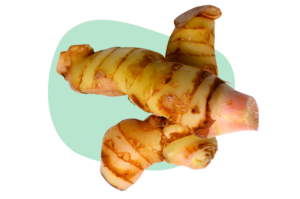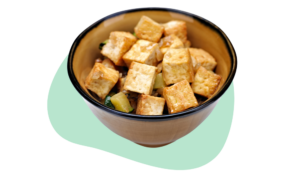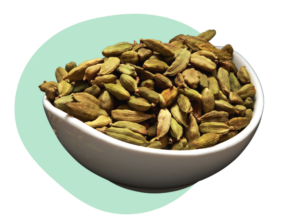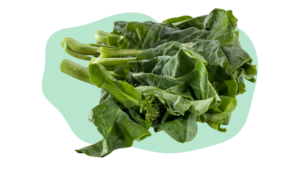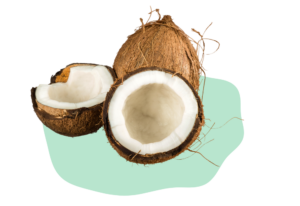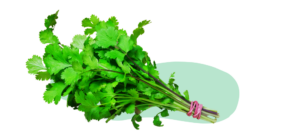Contents
Thai food has an irresistible flavour profile that leaves you hungry for more.
It has the ability to heat up your tongue, sweeten the palette and satisfy your stomach with a mouthful of zesty and creamy indulgence.
On top of this, Thai food is also loaded with a bounty of health benefits from the fresh and nutritious ingredients which frequent the cuisine’s dishes.
In one study, Khanthapok et al. discovered that a lot of Thai food provides a “rich source of nutrients and antioxidants” that have been linked to a postponement in the human ageing process.
Other research has also indicated that the rising obesity levels in Thailand are not down to traditional diets but rather the growing popularity of western meals which favour a lot of processed meats, fats and sugars.
In contrast, authentic Thai food has a much lower fat content, is largely rice-based and makes use of lots of fresh vegetables.
Coupled with Thai cooking’s variety of spices and herbs, it is ingredients like these which help make this cuisine’s food a healthy dinner choice.
What makes key Thai ingredients healthy?
Galangal (Thai ginger)
A fiery member of the zingiberaceae botanical family, galangal or Thai ginger, epitomises this cuisine’s flavour.
Packed with phytonutrients and antioxidants, galangal has been shown to reduce inflammation in the body.
Its other properties include vitamin A and vitamin C which support eyesight, healthy immune function and good digestion.
Moreover, research has shown that when galangal is turned into ethanolic extract it can have a toxic effect upon a specific type of breast cancer known as 4T1.
Tofu (bean curd)
Although high intakes of tofu are not recommended, this popular component of Thai food contains antioxidant and antiinflammatory properties from the soy’s amino acids.
Such properties have been illustrated to aid the protection of blood vessels from oxidative and inflammatory damage.
Tofu has equally been associated with easing peri-menopausal symptoms like flushes and low mood due to its possession of isoflavones which imitate a weakend version of oestrogen in the body.
Cardamom
Notorious for the distinctive fragrance it adds to food, cardamom is less well known for its indicated ability to reduce fat in the liver.
Daneshi-Maskooni et al. discovered from their study that a group of participants who consumed green cardamom displayed a decrease in liver fat compared to the placebo group.
Other research has also indicated cardamom’s ability to reduce high blood pressure when given to individuals with stage 1 hypertension.
Gai lan (Chinese broccoli)
Gai lan, Chinese broccoli or jie lan is a dark green leafy vegetable which is a common inclusion in Thai cooking.
Rich in beta carotene and vitamin E, gai lan can support the prevention of macular degeneration and boost immunity against bacterial and viral infections.
Furthermore, consumption of this superfood veggie could also benefit bone, heart and lung health due to the zinc, vitamin K and calcium it contains.
Coconut milk
Smooth, creamy and downright delicious, coconut milk is a fabulous lactose-free milk alternative which is commonplace in Thai food.
Due to its high fat content, coconut milk should be eaten in moderation but this doesn’t take away from the range of nutrients it delivers.
One study found that the antimicrobial activity of coconut milk kefir has the potential to prevent food borne illness and gastrointestinal disorders which are caused by common pathogenic organisms.
Coconut milk’s superpowers don’t end there either; other research has shown that this emulsifier can even reduce stomach ulcers as much as an anti-ulcer treatment.
Coriander
Coriander is a refreshing staple of Southeast Asian cooking that brings bags of flavour and health benefits to the dishes it adorns.
More than just an aromatic accompaniment, coriander contains immune-boosting antioxidants and was in one study linked to the improvement of learning and memory in young and old mice.
Lemongrass
Whether grounded down into a tea drink or used to infuse tom yum with its incredibly distinctive flavour, lemongrass is a key component of traditional Thai cooking.
In its drinkable form, lemongrass is often drunk to keep an individual’s digestive health ticking over in the same way as ginger.
Research has even back the good this punchy plant does for gut health by demonstrating how lemongrass oil can even be effective in preventing gastric ulcers.
Keen to sample the health benefits of Thai food?
Succulent and spicy, our Thai green chicken curry provides the perfect opportunity to try out this cuisine’s ingredients in the comfort of your own home.

